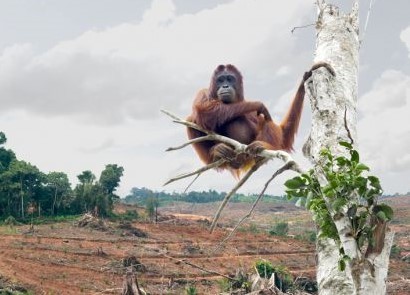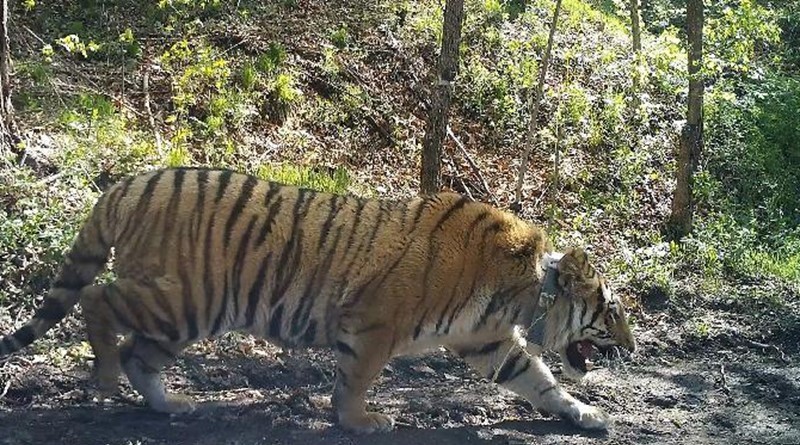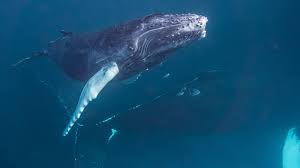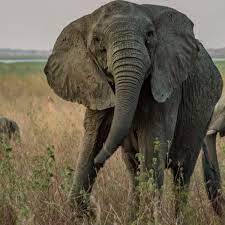Trade of wild cheetah from east Africa (including the horn of Africa) to be kept as status symbols in the Arabian peninsula has thankfully declined, but has not been eradicated. Indeed, this decline may well be more down to better policing on the smuggling route and less down to a change in circumstance. All of the problem countries have laws banning the keeping of these animals yet these are not effectively enforced – when a cheetah or other exotic animal arrives in the Middle east it is likely too late, they are probably never going to be able to be returned to the wild. If as is usually the case, it is a cub, it is highly likely that the mother was killed in the cubs capture.
Reports of cheetahs for sale occur almost every week in the gulf states. In many states, keeping cheetahs as pets only became illegal in recent times UAE for instance only banned cheetahs as pets in 2017.
The problem is that (as readers of this blog will know) cheetah live in small and isolated populations – as a result, taking just 10 cheetah from a reserve could lead to the local extinction of the animal.
Other animals including chimpanzees orangutans and gibbons also enter these countries. It is essential that proper education of populations in countries like this is undertaken, so that they know these animals were not bred in captivity. Many of the owners would be horrified to learn that their action is causing these animals to be wiped out in the wild.
Global work on wildlife smuggling is far from over, and becomes only more and more urgent. There are many species that could be wiped out if we fail.
If you have friends looking for exotic animals as pets do encourage them not to, or we will find that our children will never be able to see cheetah in the wild where they belong.

















